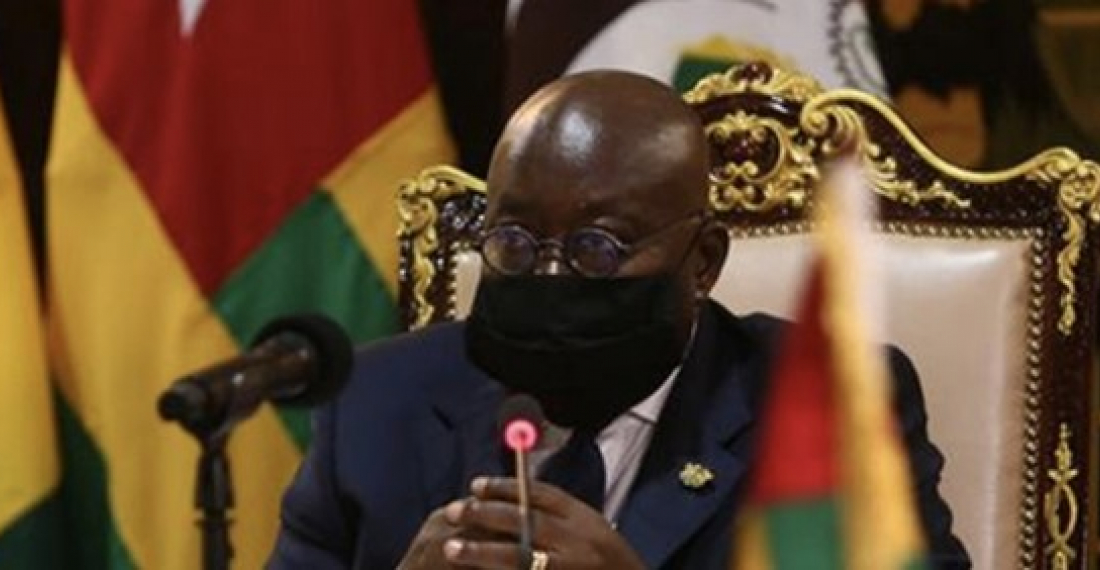The Economic Community of West African States (ECOWAS) announced on Friday, 25 March, that it would grant Mali between 12 and 16 months to arrange elections and threatened Guinea and Burkina Faso with additional punitive sanctions.
The 15-nation ECOWAS maintained the sanctions imposed on Mali on 9 January 2022, after the military junta declared its intention to remain in power until 2025, thus abandoning plans to hold elections scheduled by the end of February 2022. West Africa's main political and economic bloc called on Mali's transitional military authorities to follow the recommended 12–16-month transition period leading to the return of a civilian government.
ECOWAS chairman, Jean Claude Kassi Brou, also urged the Burkinabe military junta to shorten its proposed 36-month transition to a "more acceptable timeframe". Further sanctions would be adopted if Burkina Faso did not release former President Roch Marc Kaboré by 31 March 2022.
The regional organisation specified in its communiqué that in case of non-compliance with its demands, members of the transitional authorities of Burkina Faso will be subject to "individual sanctions".
As for Guinea, where the military has been governing since a military coup in September 2021, ECOWAS has expressed concern about the duration of the transition as the six-month timetable for the holding of elections has not yet been honoured.
The financial assets of members of the Guinean junta and their family members had already been frozen following the removal of President Alpha Conde from office last September. Jean Claude Kassi Brou warned of the possibility of severe sanctions if Guinea misses its April 25 deadline.
Mali, Burkina Faso, and Guinea are all in the throes of political and security crises and have all witnessed military coups since August 2020. ECOWAS is therefore currently trying to put pressure on the military juntas to bring power back into civilian hands.
Since January 2022, the toll of economic sanctions on Mali's economy and employment has been so severe that the country has been unable to pay about $180 million in debt repayments. Sanctions on Mali have been maintained despite Thursday's ruling by the Court of Justice of the West African Economic and Monetary Union (UEMOA), demanding the suspension of sanctions on Thursday, 24 January.
The potential impact of these sanctions on poor, landlocked countries has caused great concern, but also widespread resentment, beyond Mali, against regional organisations.







